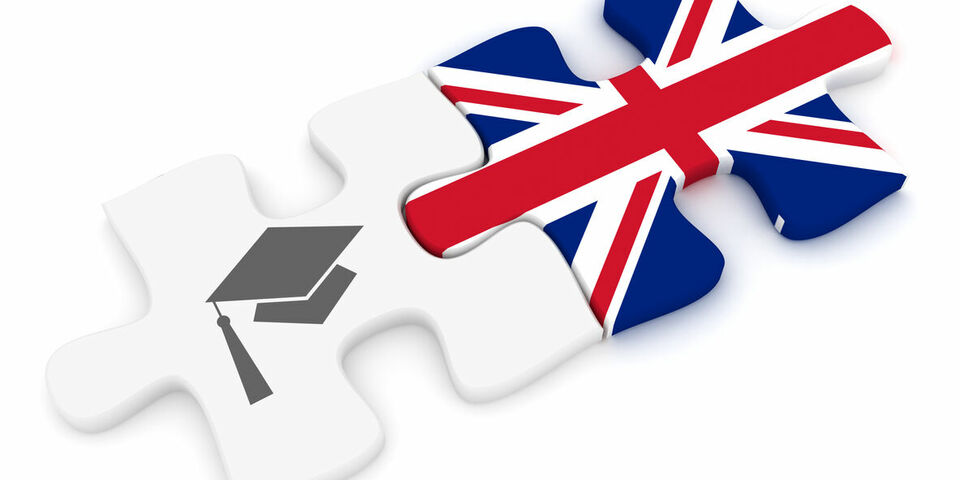A motion by NSC, VVD and BBB was passed this Tuesday urging the outgoing government to rapidly reduce the number of English-taught programmes in higher education. Minister of Education Robbert Dijkgraaf has been given eight weeks to work out a plan together with the institutions.
This plan must include concrete measures “that each individual institution will take to strongly reduce the proportion of English-language programmes”, taking into account “the labour market, student accommodation and regional interests”.
Large majority
NSC, VVD and BBB alone hold 51 of the 150 seats in the House of Representatives. However, since the motion not only received support from PVV (37 seats), but also from the left-wing parties SP and Partij voor de Dieren and others, it was passed by a large majority.
Minister Dijkgraaf did not oppose the motion. “I see it as a nice starting point for the conversations I’m having, and will continue to have”, he said in the debate last week. Within eight weeks, the higher education institutions’ umbrella organisations will share their plan of action with him, he promised.
“After that, I will inform the House as soon as possible about the outcome of all this”, Dijkgraaf added. “Based on the institutions’ plans, you can then weigh up whether they show sufficient ambition against the background of the motion.”
Meanwhile, the outgoing minister is working on a bill to ‘balance’ internationalisation, which he plans to send to the House before the summer.
The motion passed on Tuesday posits that 78 percent of all Master’s programmes and 30 percent of all Bachelor’s programmes are currently taught entirely in English. This roughly matches the available figures for university programmes. At universities of applied sciences, eight percent of Bachelor’s degrees are offered in English.


Discussion